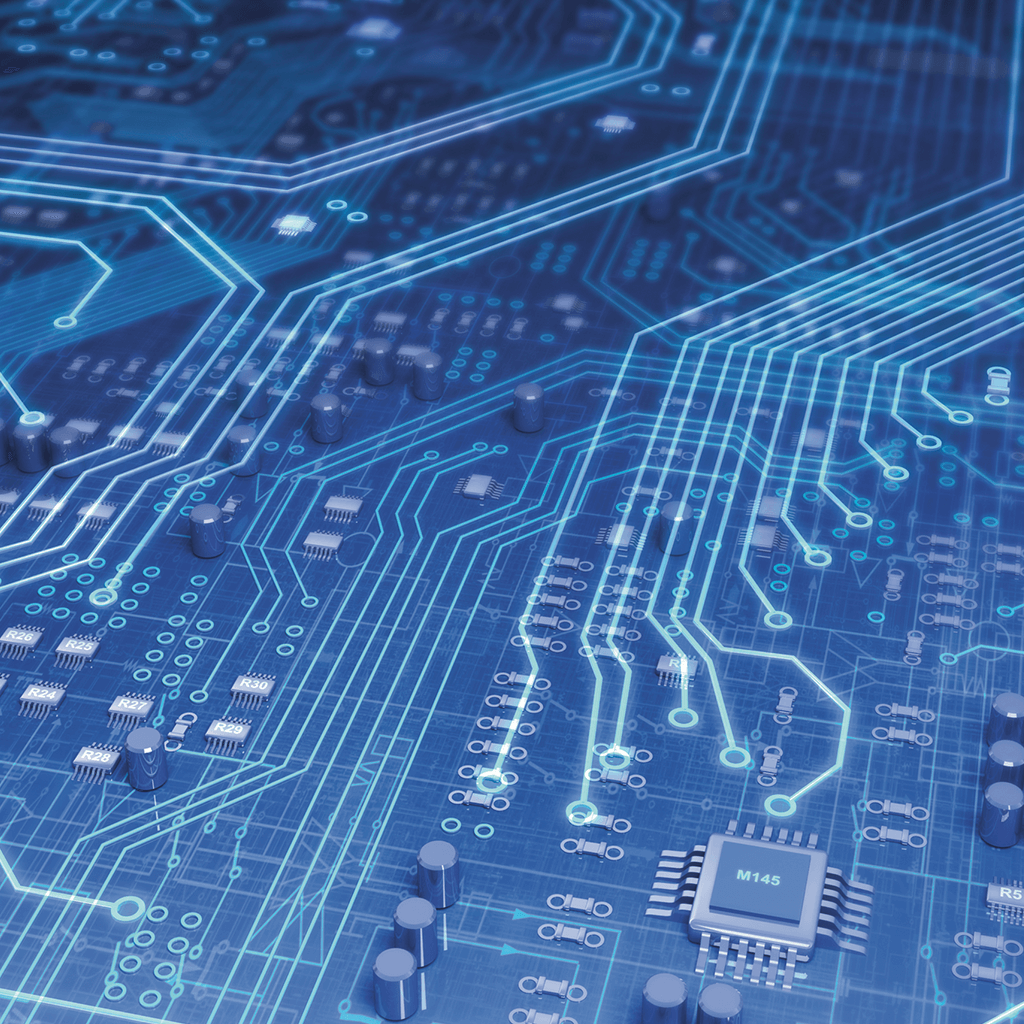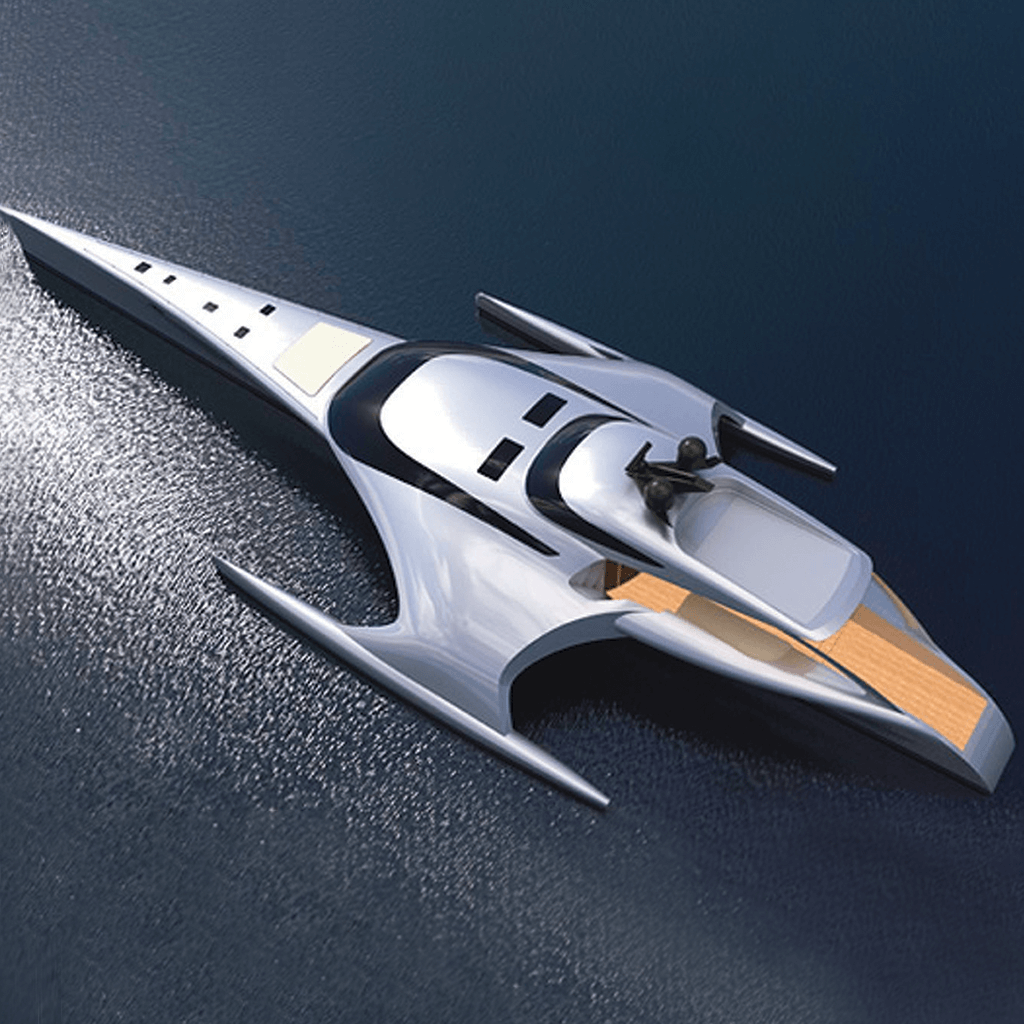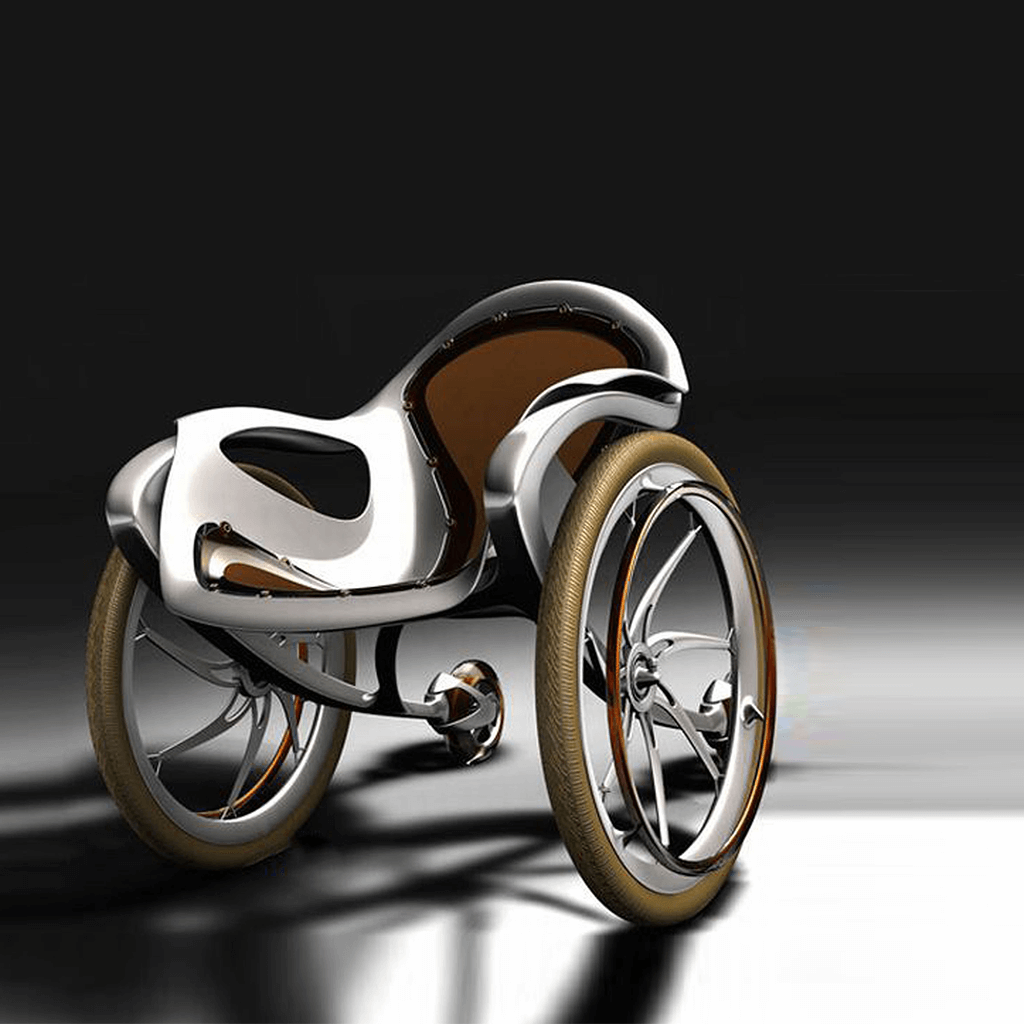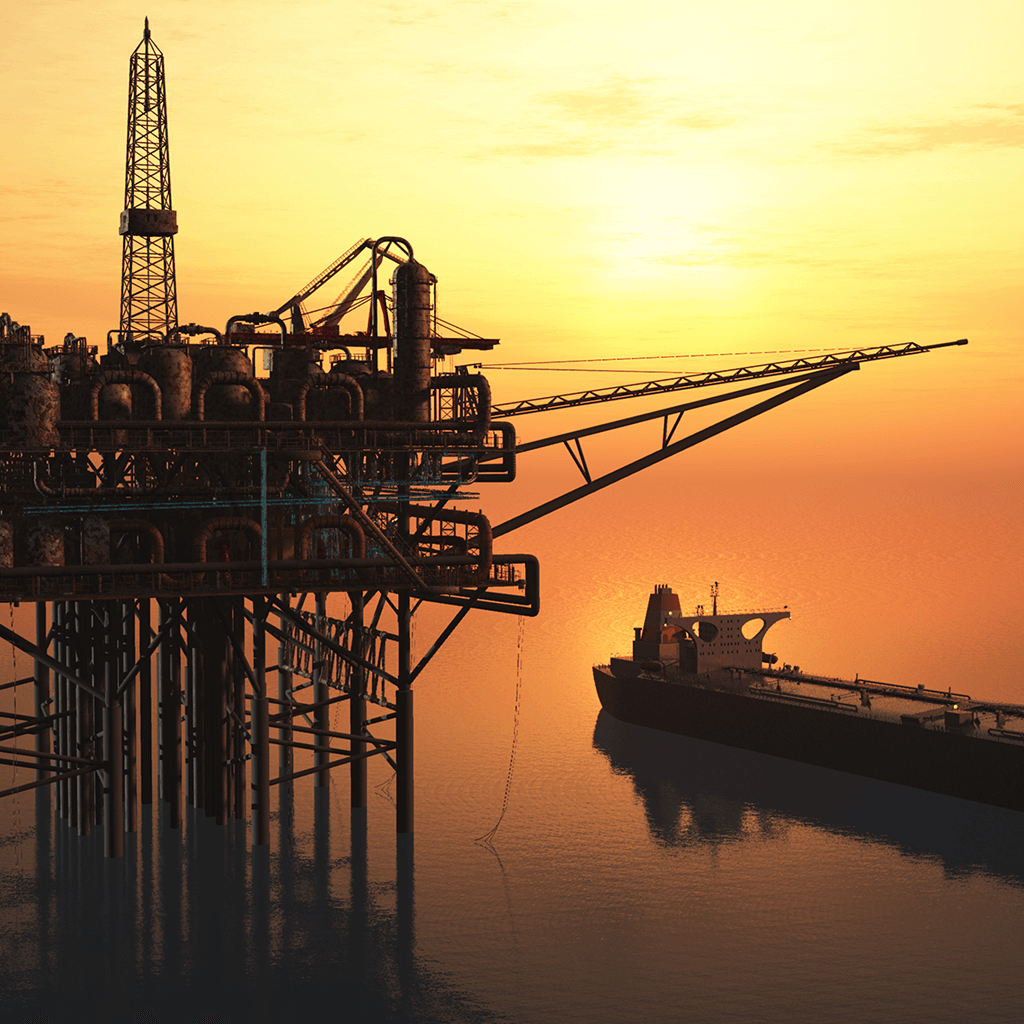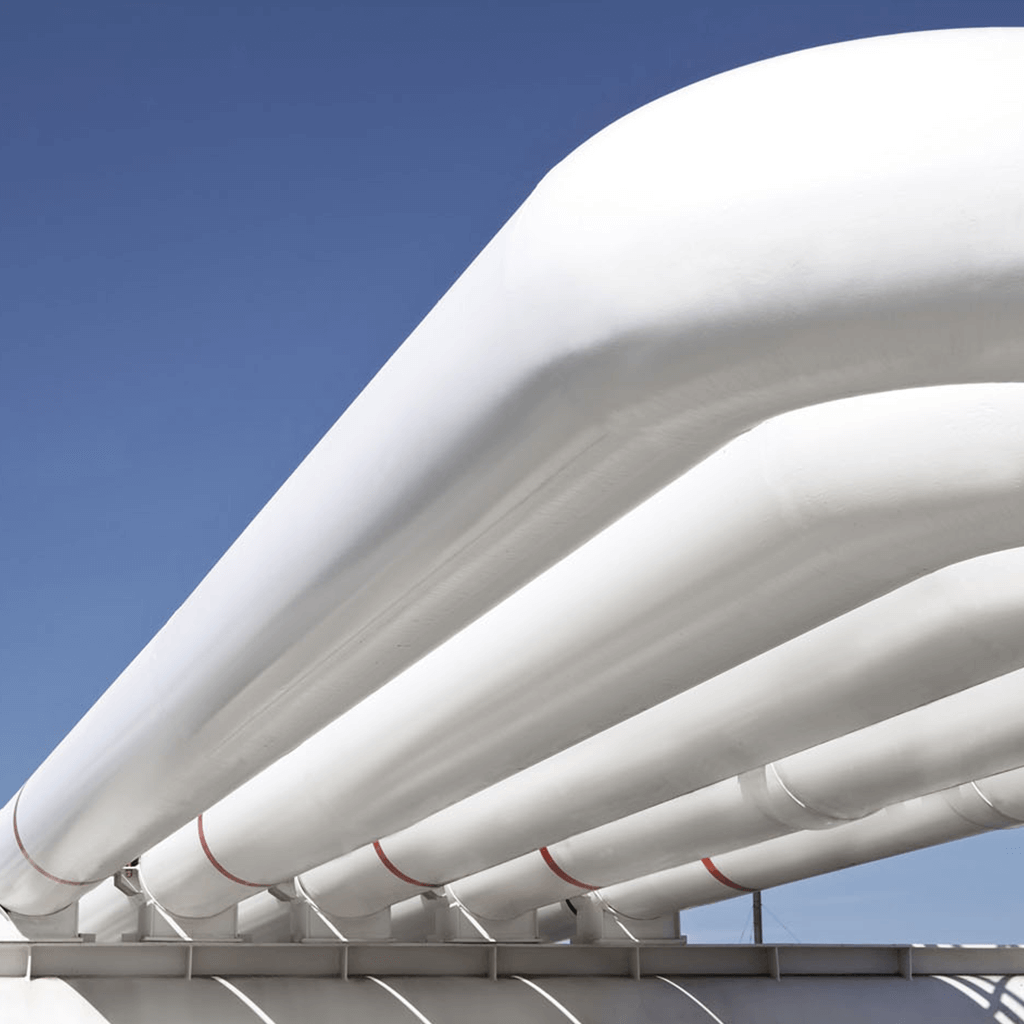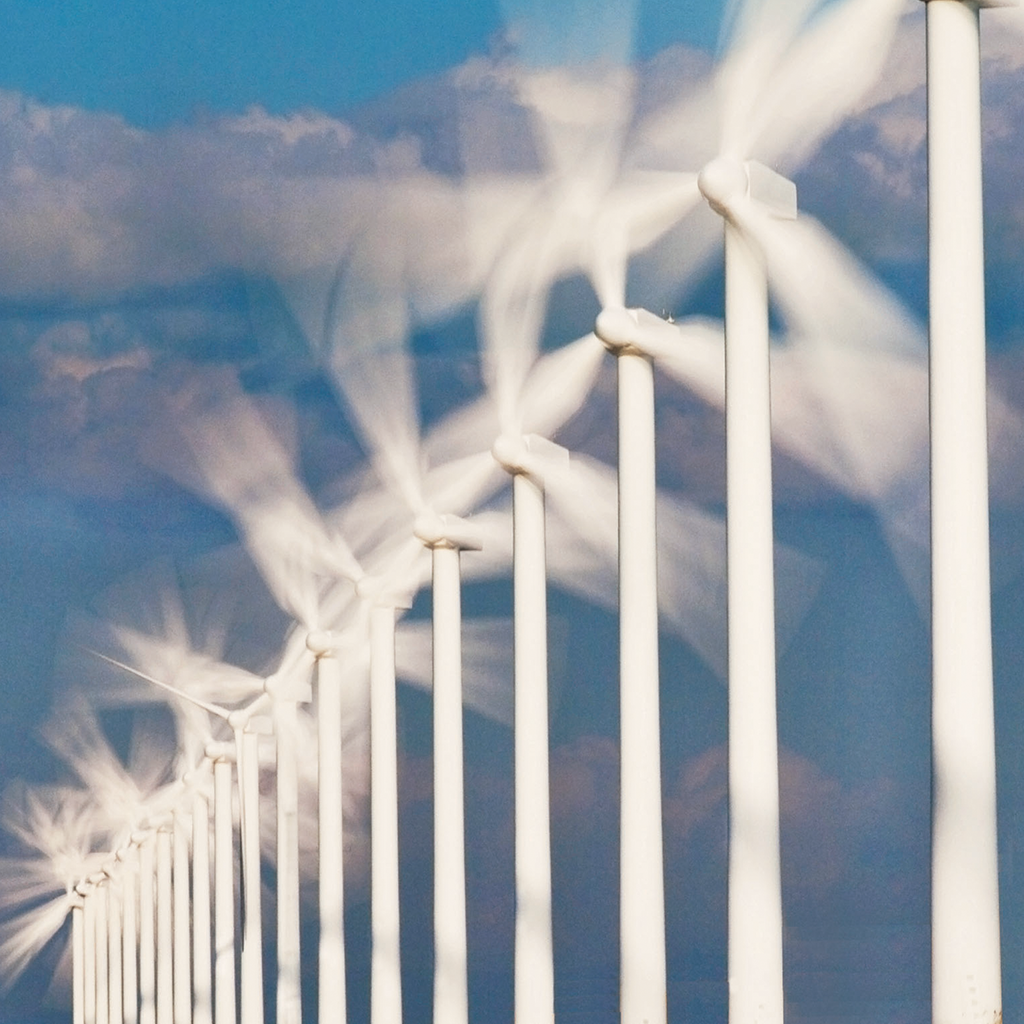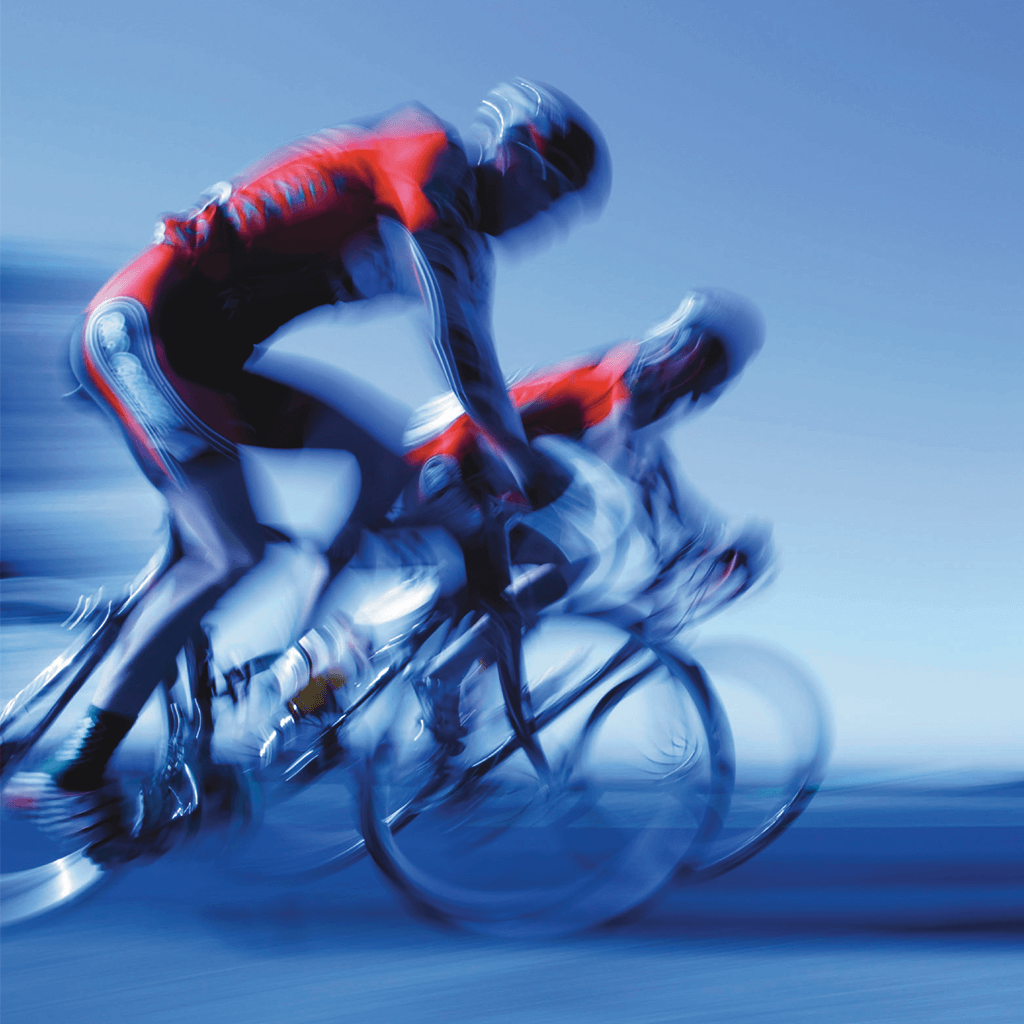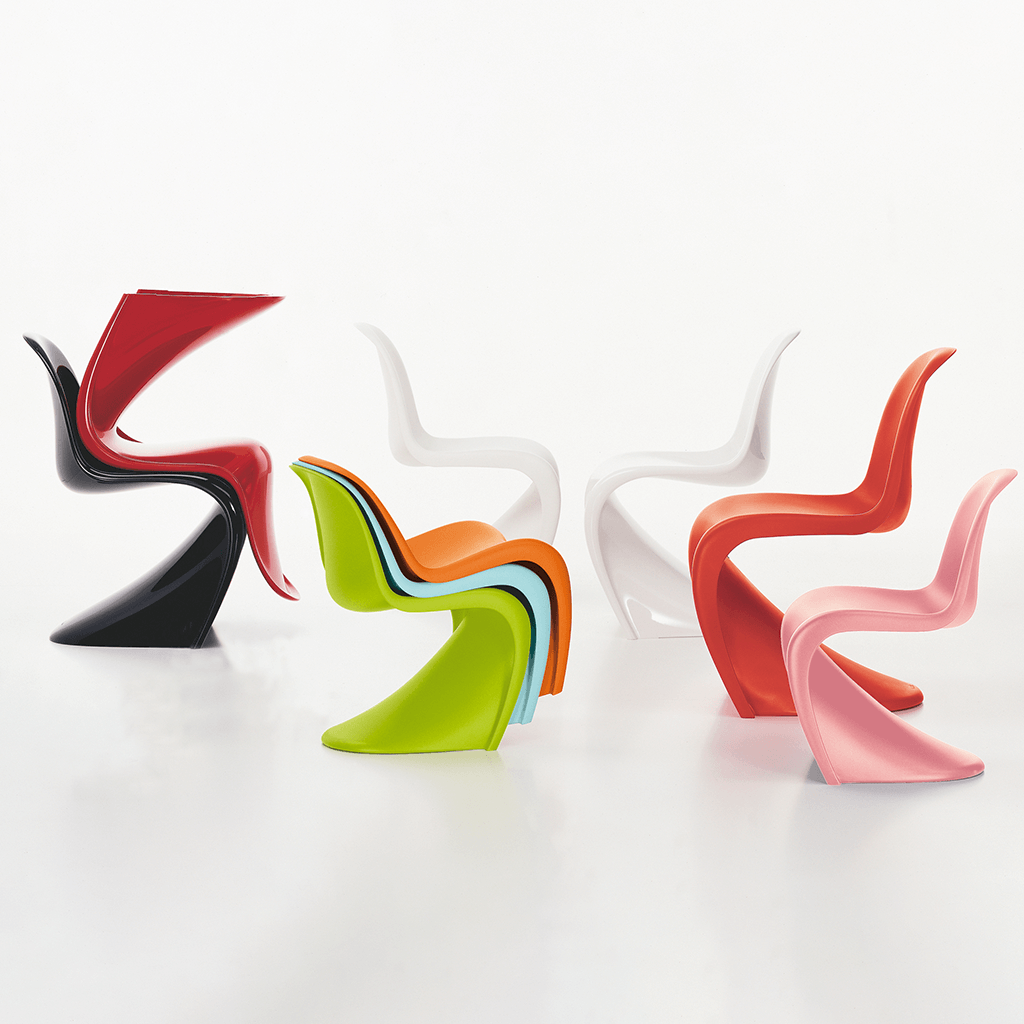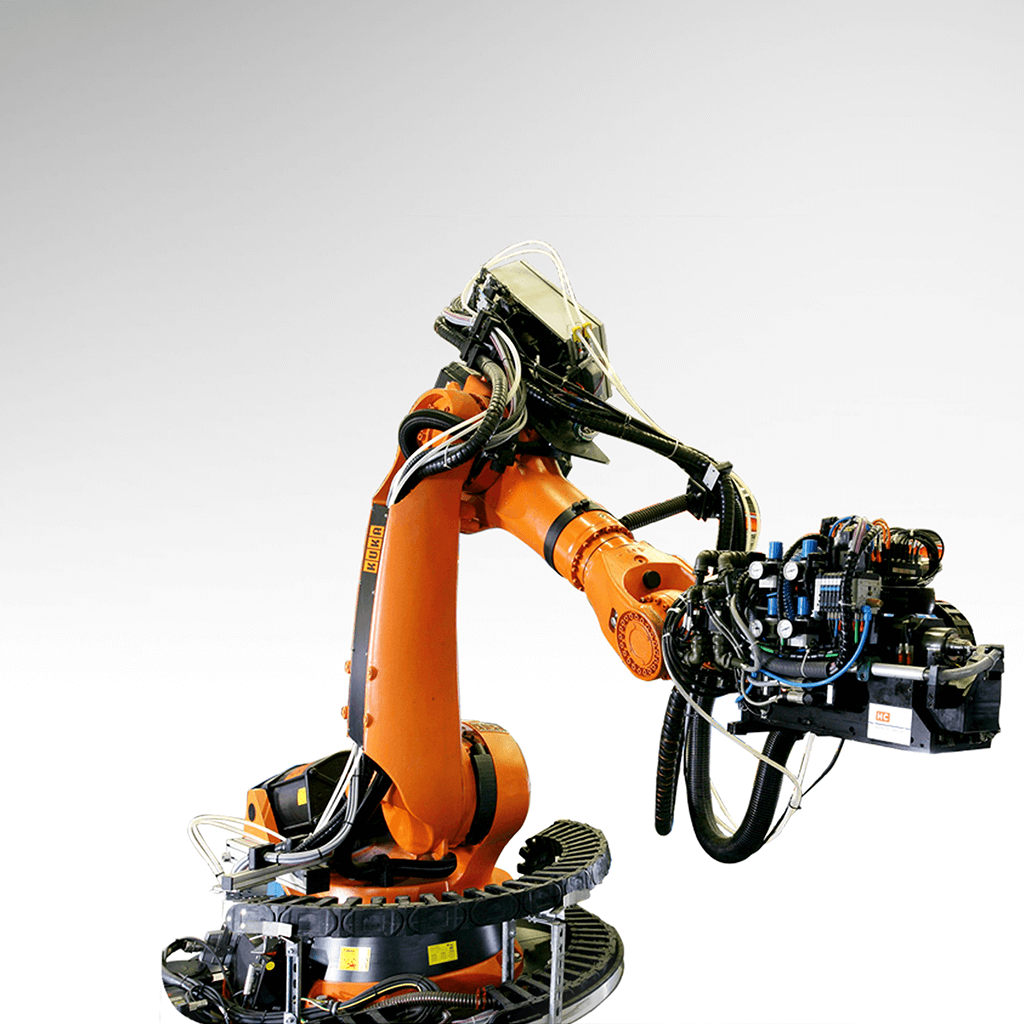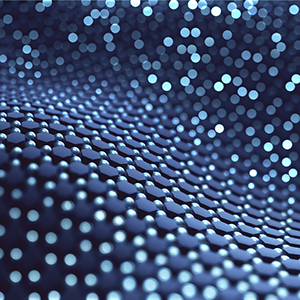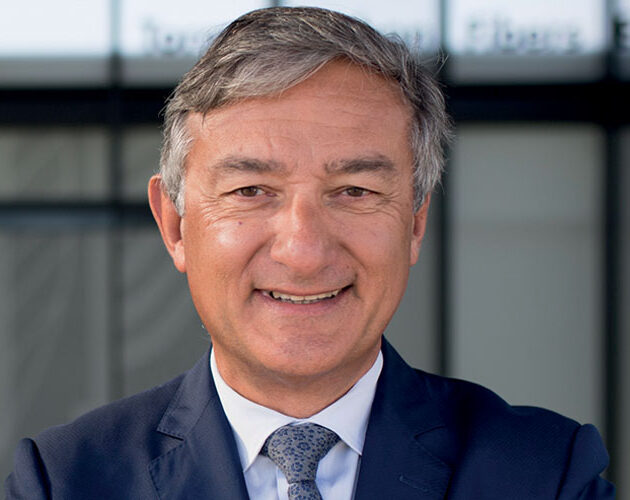Toray actively considers the environmental consequences of every investment it makes
JEC Composites Magazine asked Jean-Marc Guilhempey, chairman and CEO of Toray Carbon Fibers (CFE) Europe, for his views on the future of composites and their environmental impact. This interview has been published in the JEC Composites Magazine N°155.

JEC Composites Magazine: What are the specific characteristics of European demand for carbon fibre? How has it developed over the last few years (changes in demand for traditional sectors, opportunities for new applications emerging with specific volumes, etc.)?
Jean-Marc Guilhempey: The European market has the most diversified demand for carbon fibre types. Toray Industries, a world leader, has always aimed to provide this market with the widest range of products to meet the needs of European businesses.
In 2020, the European market experienced a sudden downturn due to the COVID-19 pandemic. However, we witnessed a swift recovery in the sector after the European Union member countries reopened their borders. This rebound surpassed the expectations of market analysts, proving to be more dynamic than similar recoveries in Asia and North America.
In 2022-2023, like many other companies, we had to contend with a number of geopolitical events which resulted in escalating costs of raw materials and energy. Despite all this, demand remained buoyant and was fuelled by the ongoing stream of projects within the European composites industry.
JEC Composites Magazine: The COVID-19 pandemic highlighted vulnerabilities in the supply chain. What is Toray doing to secure its supply chain for European customers?
Jean-Marc Guilhempey:Toray Industries operates in Asia, Europe and the United States. This means that we can produce locally as much as possible. All of our sites are capable of supplying another site on another continent. Toray Industries includes not only carbon fibre producers but also weavers and prepreg manufacturers in Europe. This means we can offer a response that is perfectly tailored to the needs of our European customers, allowing us to deliver fully-integrated solutions.
JEC Composites Magazine: At a time when China is gradually asserting itself in carbon fibre production, what is Toray Europe doing to help maintain the group’s leading position in the sector?
Jean-Marc Guilhempey: Toray Industries delivers premium quality across its product range, featuring some unparalleled offerings in performance within the composites market, such as the T1100S/G carbon fibre. As a market leader, Toray Industries is constantly developing new products to ensure it remains at the forefront of innovation. CFE Europe is able to manufacture in France and distribute the most comprehensive array of carbon fibre products throughout Europe. Our production facilities and technical sales teams are strategically located, allowing us to promptly address customer needs, maintain high ethical standards, and remain compliant.
JEC Composites Magazine: How important is the Abidos site in the group’s industrial network?
Jean-Marc Guilhempey: Our Abidos site (Pyrénées-Atlantiques, France) is the sole producer of standard carbon fibre tow within the group in Europe, and the oldest overseas site within Toray group. It is a key player on our strategic chessboard. The construction of a 6th production line is a perfect example of this. This expansion is geared towards meeting the growing demand for carbon fibre in Europe (Figure 1).

The place of Europe in Toray’s galaxy
Toray Industries, Inc. confirms the expansion of its subsidiary Toray Carbon Fibers Europe S.A. On December 6, 2023, Toray-CFE laid the foundation stone for its 6th production unit, in the presence of 2 top Japanese managers, Minoru Yoshinaga and Hiroshi Enomoto. Jean-Marc Guilhempey, Chairman of the Board of Directors of Toray-Carbon Fibers Europe, recalled the site’s industrial epic while highlighting the work of its teams. This plant expansion will also create jobs. Annual production capacity at the Abidos plant will rise from 5,000 tonnes to 6,000 tonnes, enabling it to meet growing demand in several markets (civil aerospace, defense, civil nuclear, satellites and automotive).
“Soficar’s first production line started up in 1985. At that time, production capacity was just 300 tonnes a year, less than a 10th of today’s capacity. By 2025, when construction of the new line is complete, CFE will be in a position to meet the growing demand from European markets”, points out Minoru Yoshinaga, noting that the group posted sales of €7.44 bn (¥1,199.4 bn) in the first half (April to September), a contraction of 4.9% compared with the same reference period of 2022. The carbon fibre and composite materials business grew by 0.8%, driven in particular by the aerospace sector.
Environmental ambitions quantified
Toray’s choice underscores the significance of Europe, and France in particular, in the group’s global network. The group is present in the Czech Republic, France, Germany, Italy, the Netherlands, Spain, Sweden, Switzerland, Hungary and the United Kingdom. The European development has involved numerous external growth operations, such as in Sweden in 2019 when Toray took control of Sweden AB, which also has subsidiaries in Portugal and Tunisia. The Japanese giant is also expanding its presence in North African markets.
Toray’s development is accompanied by a very precise environmental vision. Before the 2050 carbon neutrality goal, Toray has set ambitious interim milestones for 2030. The activity of innovative products that promote sustainable development will be multiplied by 4.5 by 2030 (with the base set in 2013), while greenhouse gas emissions will be reduced by at least 50%. Water consumption for production will also be reduced by 50% by 2030.
JEC Composites Magazine: What is your vision for France’s reindustrialisation and competitiveness in the current global climate?
Jean-Marc Guilhempey: There’s no doubt that the French government is actively engaged in revitalising our country’s industrial sector and the France 2030 programme is a good example. Our competitiveness hinges on our capacity to innovate, reduce our carbon footprint, manage energy costs effectively, and skilfully train our workforce to align with the current industrial requirements.
Sustainable development is now a major concern, particularly in the composites industry and in the production of raw materials. How do you approach this issue, particularly in production, a critical phase?
J.M.G.: We have been anticipating the environmental impact of each of our investments for a number of years. In the long term, we want all our industrial sites to be carbon neutral. Our latest production line will integrate state-of-the-art technologies to tackle these challenges. Additionally, we are able to manufacture biobased carbon fibre, in compliance with the ISCC+ standard which we obtained in autumn 2023.
Want to read more articles?
Subscribe for free now and access to the JEC Composites Magazine N°155.
Available in print, digital and via the mobile application.

